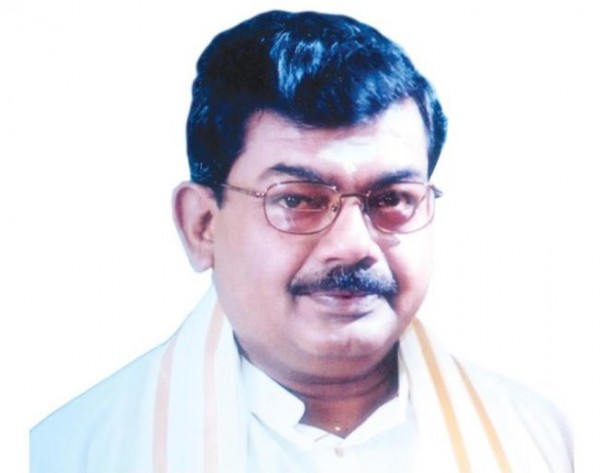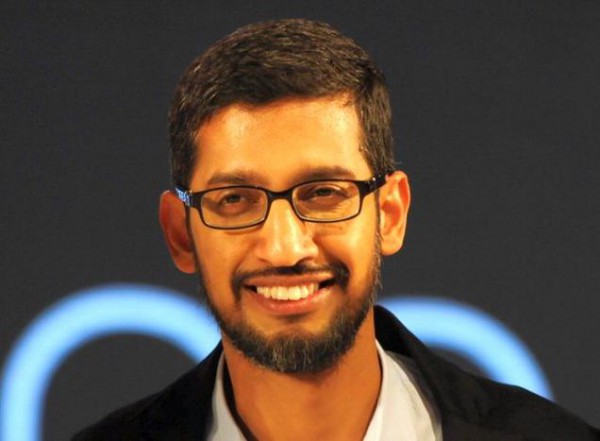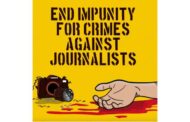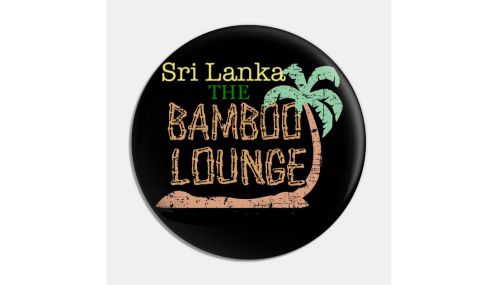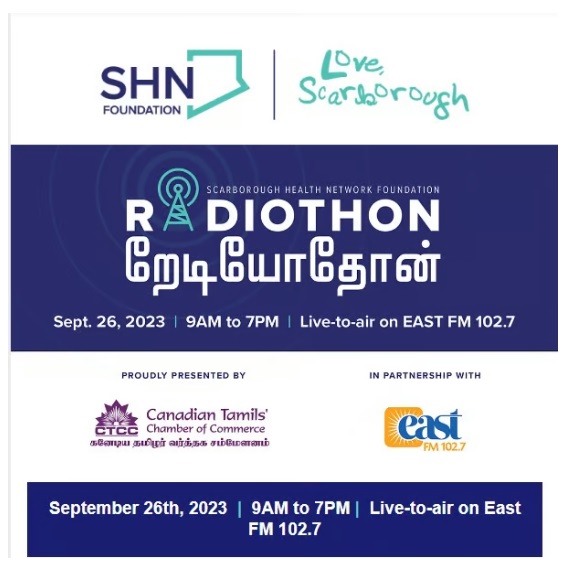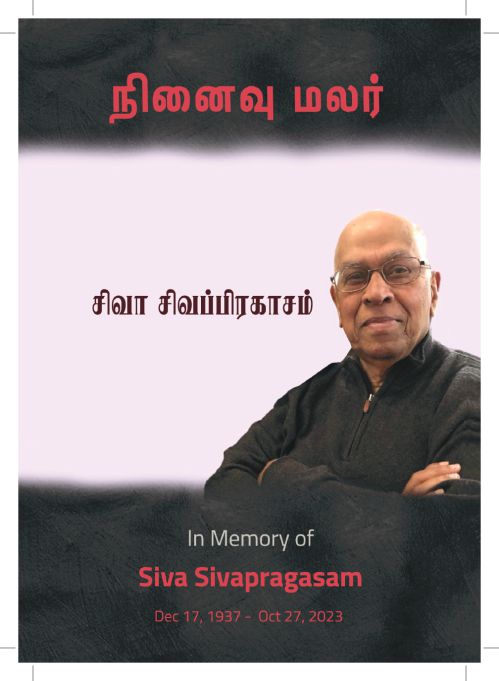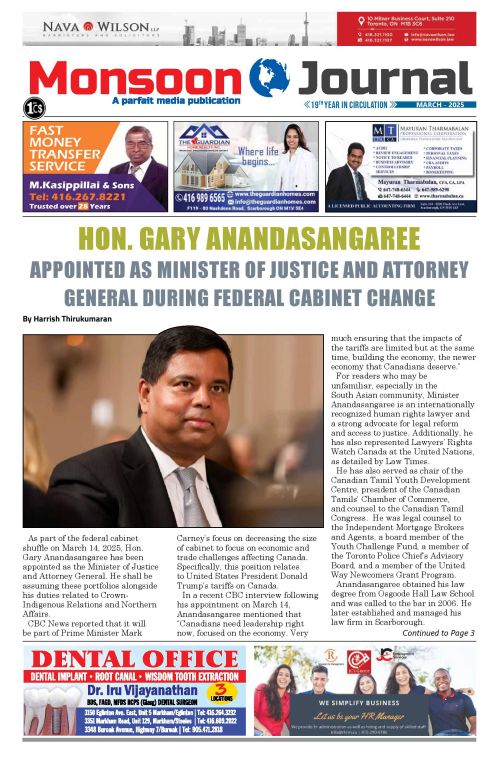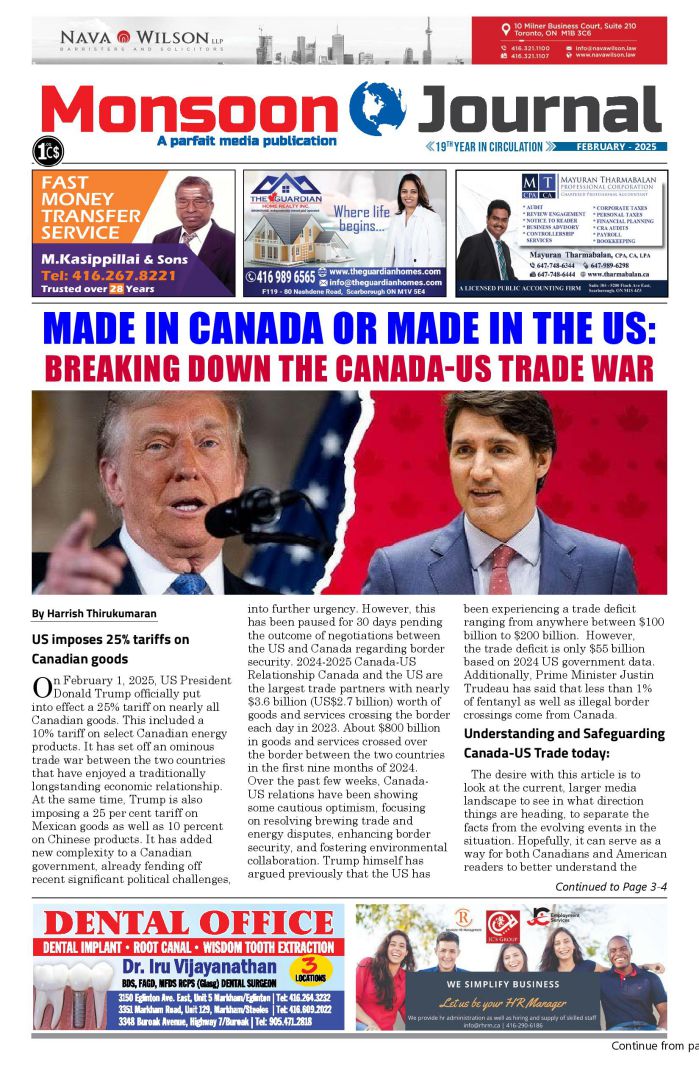Ranil Wickremesinghe???s emphasis on good governance and corrupt free government
Mahinda Rajapakse depends on mixture of nationalism and national security as issues for election victory
By Siva Sivapragasam
While the temperature in Sri Lanka keeps rising so is the temper of leaders fighting for leadership and premiership in this tear shaped island nation.
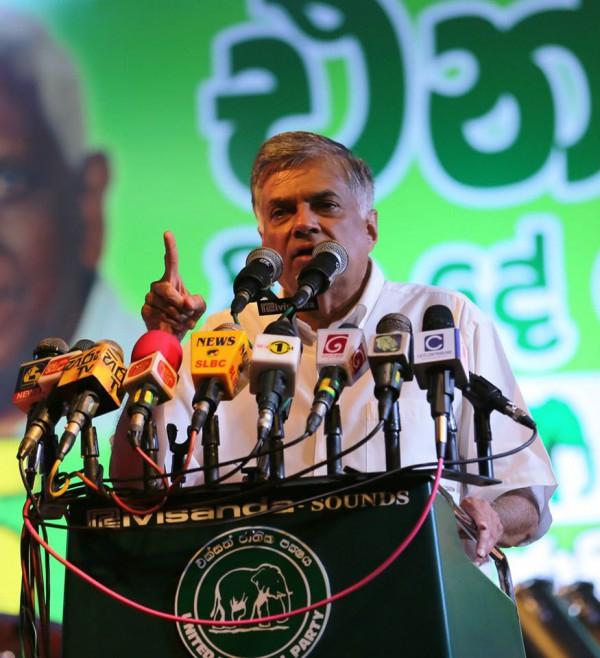
facebook.com/ranil.wickremesinghe.leader
Political analysts in Sri Lanka feel that former President Mahinda Rajapakse and his supporters in the UPFA are using a mixture of nationalism and national security as their campaign slogans to mobilize the votes of the majority community in the coming Sri Lankan parliamentary elections scheduled for August 17th.
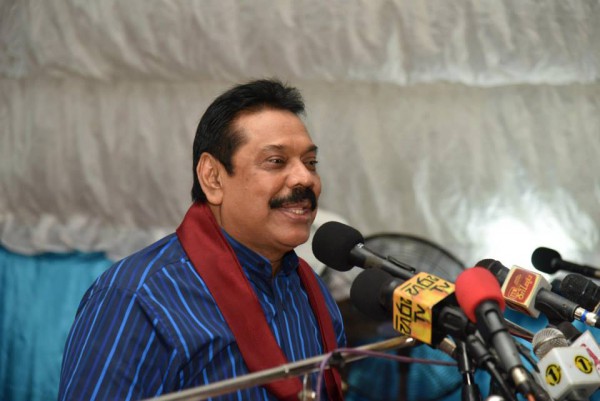
facebook.com/PresidentRajapaksa
This was evident at the first campaign rally of the UPFA at Anuradhapura where party speakers brought up the issue of the impending UN report on war crimes to allege that more than 40 members of the security forces and government members would be implicated by name and be at risk of being taken for war crimes trials. . Also, several Sinhala flags were raised at the site of a UPFA rally in Yatinuwara prior to the begining of the rally. Former External Affairs Minister Prof. G. L. Peiris recently alleged that for want of a cohesive national security strategy post-war peace and stability was at stake.
However, the emphasis in the past seven months since the end of the Rajapakse government has been on issues of economy, corruption and good governance, and not on nationalism. It will be difficult to bring the latter back to the centre stage for purposes of mobilizing votes of the majority Sinhala community
Disunity among UPFA ranks and President Sirisena???s opposition to Rajapakse will factor heavily in the upcoming election.
Some SLFP heavy weights are openly criticizing the former President while some seniors are strategically positioning themselves in a pro-President Sirisena position. In this context, Rajapakse???s campaign needs to create a strong wave of confidence to unify UPFA voters to ensure a constructive UPFA voter turnout in the upcoming general election. Mahinda Rajapaksa had been able to ride through the popular euphoria of war victories from May 2009.
This approach proved to be very effective through his election victories till 2015. The 2015 election result proved otherwise as the floating voter focus is located at issues such as cost of living, corruption, family rule, justice and good governance
At an election meeting in Naula, surrounded by saffron-robed Buddhist monks, former Sri Lankan President Mahinda Rajapaksa exhorted a crowd of more than a thousand supporters ,saying: ???We saved this country. Don???t let it be divided again. ???.To what extent the communal cry will work is a big question mark.It certainly did not work at the last Presidential election. It may not do so in the coming elections too.
At another election rally last week, Rajapakse stated “I do not know what agreements have been worked out between the two parties-(UNP & TNA). I fear if the country would see separation as a result???.??? I unified the country,” Rajapaksa said referring to his military campaign which crushed the LTTE.???
Rajapaksa is obviously making an attempt to retain his support base in the majority Sinhala community who favoured him for his military campaign which ended the LTTE’s over three-decade-old separatist war in 2009. At a recent election meeting in Kurunegala where Rajapakse is the front-line candidate, Wickremesinghe alleged that former President Mahinda Rajapaksa is inciting racism once again. He has forgotten that he signed an agreement with the LTTE in 2005, Wickremesinghe claimed.
The Congress of Religions and the Elections Commissioner have advised all political parties to refrain from communal and religious propaganda in their election campaigning.
Meanwhile,a pre-parliamentary election survey conducted by the prestigious Center for Policy Alternatives (CPA) has found that former Sri Lankan President Mahinda Rajapaksa, the primary candidate of the opposition United Peoples??? Freedom Alliance (UPFA), is slightly ahead of Ranil Wickremesinghe, the chief candidate of the ruling United National Front for Good Governance (UNFGG) among the majority Sinhalese community.
But Wickremesinghe has overwhelming support among the ethnic and religious minorities, namely; Lankan Tamils, Indian Origin Tamils and Muslims. The survey conducted from July 22 to 29 among 1986 respondents from all the 25 districts of Sri Lanka, found that 36 percent of Sinhalese wanted Rajapaksa to be Prime Minister while Wickremesinghe was preferred by 31.9 percent. But the situation among the minorities was radically different. 62.3 percent of Lankan Tamils; 71.1 percent of Indian Origin Tamils; and 62 percent of Muslims opted for Wickremesinghe. Less than 2 percent of the minorities wanted to see Rajapakse as PM.
Rajapakse also suffered a setback when former President Chandrika Kumaratunge issued a statement alleging that that he (Rajapakse) ran a family centred dictatorship during his rule and appealed to voters to preserve the gains made in the January 8 polls.
Packiasothy Saravanamuthu,a political analyst in Colombo told Wall Street Journal that ???Rajapakse would do anything for his political survival???.
A political wag in Sri Lanka commented ???Rajapakse is like a man in a sinking ship prepared to hold onto anything to save his life???.





